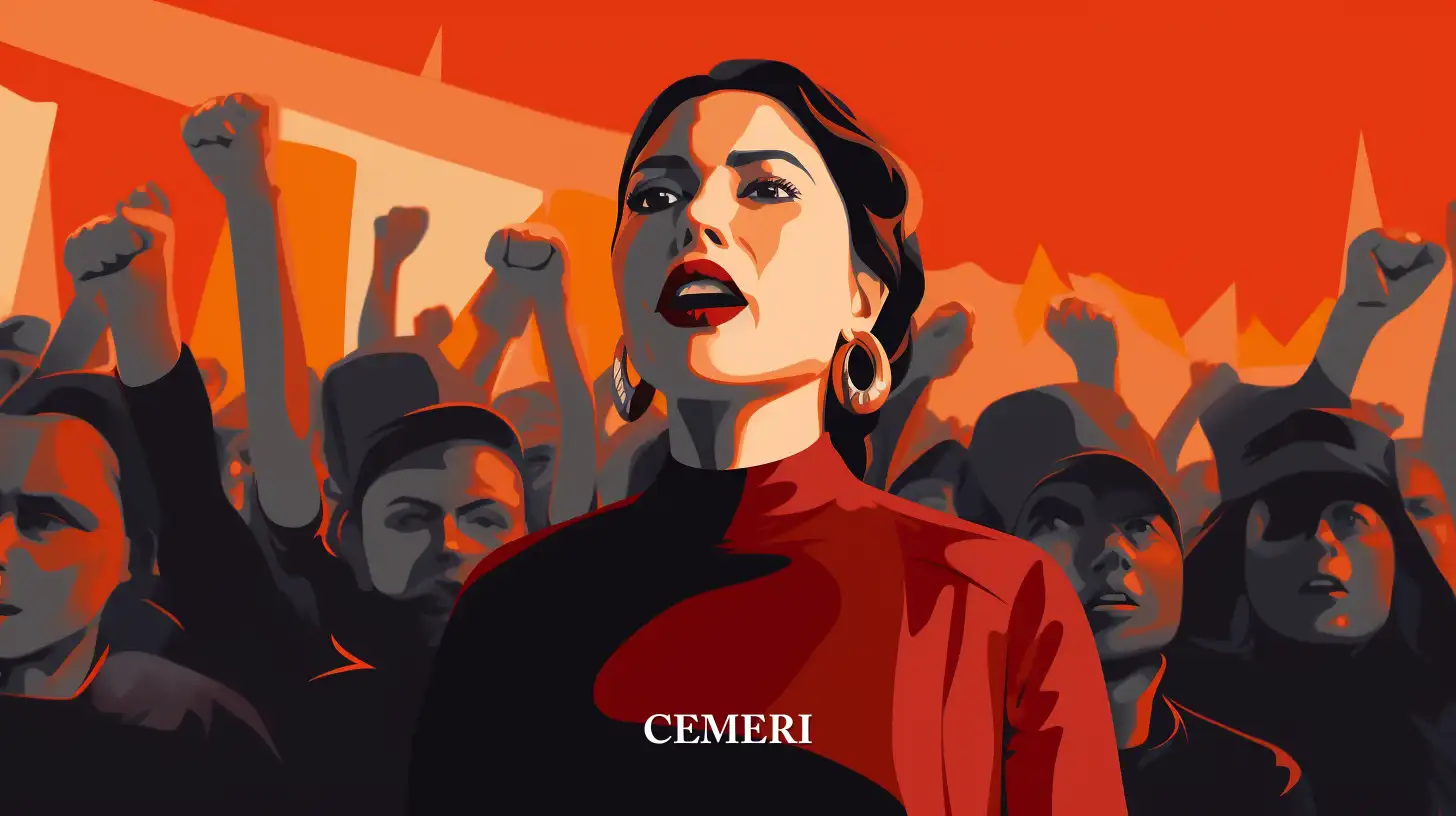Opinion
Gustavo Cacho
Are there valid or not valid ways to protest?
- Despite the fact that the violence that can be unleashed is to a small or large extent, this is not alien to the protest.

Within the framework of the Global Day of Action for Access to Safe and Legal Abortion, thousands of women staged marches to demand that their respective governments decriminalize and provide access to legal, safe and free abortion. Mexico City was one of the scenarios.
During the demonstration there were episodes of violence between the demonstrators and the police, there was also damage to public property. Facts that captured the attention of a sector of opinion on social networks more than the main cause for which the march was taking place. His comments denoted disagreement with some of the expressions of anger, fatigue, and disappointment through the destruction and/or defacement of public property. Which they called vandalism and called for the protesters to be treated as criminals.
This type of opinion is common and forms part of the same discourse that, after each non-peaceful protest, criticizes the ways in which collective anger or jubilation is symbolized. Either after a march to commemorate the murder of students or a march to celebrate the victory of a soccer team. However, although both manifestations share the characteristic of affecting public roads, one does not generate as much rejection as the other. They call one crime, the other passion, rightly or wrongly?
Social movements have the characteristic of attracting attention to satisfy their demands. Which can be, to mention a few examples, the demand for justice; demand an end to the repression, raise awareness among the rest of the population about a common problem; to reject systemic racism or to respect human rights. Whatever the request or claim, before reaching the streets, the assigned legal channels are normally used to find a solution. Opening to dialogue is usually one of the first options. But experience shows that when these channels do not offer satisfactory results, whether due to corruption, impunity or outside interests, the alternative route is to go out and protest.
It is going out to show the discomfort that arises from an ignored problem. It is walking between buildings, through streets and avenues shouting slogans that make people uncomfortable who refuse to accept that there are problems in the system in which they live comfortably and that raise awareness in those who ignore them. It is accompanying unknown people who share the same empathy for a problem that affects them directly or indirectly. It's making noise so they can hear you. It's being part of the change.
However, the above and all the ideological burden of a social movement is reduced to a building painted with slogans, broken glass, fires, clashes between the police and the protesters when the bulk of public opinion focuses in it and not in the background of the protests. Because the strategies of some media outlets to transmit only or give more diffusion to episodes of violence are well known. What generates the demonization of the ENTIRE movement, since these acts constitute a small part of the marches, or minimizes the main message for which they arise.
And despite the fact that the violence that can be unleashed is to a small or large extent, it is not alien to the protest. It's part of her. Since one of the main objectives of any social movement is to break into everyday life, even if it is peaceful. These forms are valid and have nothing to do with vandalism insofar as they are expressions with an end: to exert social pressure on governments.
And if someone wonders what good have they been? Each demonstration for clarification and justice for the 43 disappeared Ayotzinapa students managed to get the Attorney General of the Republic (FGR) to request arrest warrants against Guerrero state officials for the crimes of forced disappearance and organized crime, ending historical truth[1]. Thanks to each feminist protest, digital violence is now recognized and crimes that violate the sexual privacy of people through digital media are punished (Olympia Law)[2].
The list of specific cases in which the effectiveness of social movements to claim and comply with their demands can be portrayed can continue (surely it will). But the only objective of this opinion article is to show a position on the ways in which they protest. Even when they create havoc and all, they are still valid and have shown positive results.

